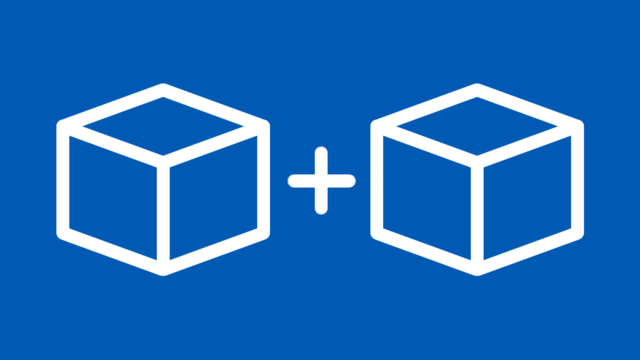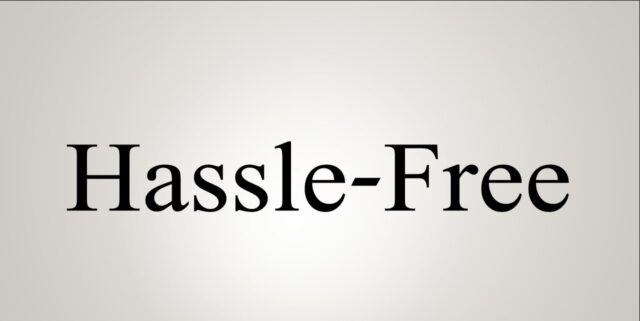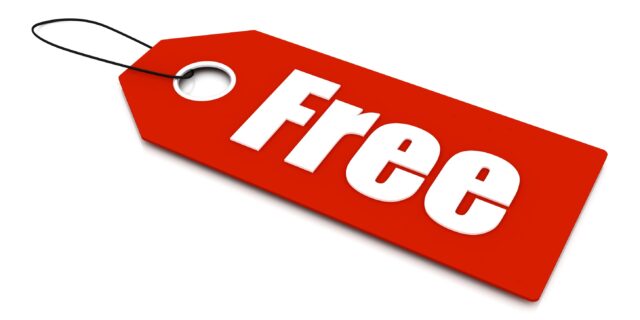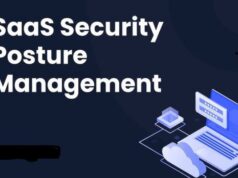
The first rule of business is that the more products you drive, the more revenue you are going to make. This is business in its simplest form. To follow this practice, many techniques are applied in the name of discounts, deals, and packages. This is all done in order to drive more sales and acquire more and more customers. However, there is one thing which has proved to be more beneficial for business out of all these techniques. That is to sell more than one product to a single existing customer, in simple words upsell (explore AfterSell to learn more about this). To learn the science behind this, we have to first figure out what CLTV is and how it works.
CLTV is an acronym for Customer Lifetime Value, which is the average benefit a customer gives to a firm as long as it sticks with the current business. The higher the CLTV would be for each customer, the better the business will perform.
We will try to understand the importance of CLTV from this simple example, assuming that 3 customers have one single product and a company earns $10 from each of them per month. While on the other hand, a single customer has multiple products that account for $30 which that single customer pays for. If all four of these customers stick with the company for 1 year the CLTV of those three customers with 1 product would be $360 combined, while the customer who had multiple products had a CLTV equivalent to those three customers.
If we look towards a company’s expense of acquiring a customer and retaining them it is clear to infer that the customer who had more products or whose CLTV was more turned out to be more profitable for a firm than 3 different customers. This is why companies push to sell more products to a single customer as it increases CLTV and in turn generates more profit from one single customer than numerous others.
This is the science behind bundling, in bundles a company pushes to sell more products in the guise of different techniques ranging from discounts to free perks and privileges. Although, most of the time not only the business but a customer benefits as well by selecting a bundle, we will explain how.
Advantages of Selecting a Bundle

Bundles are mostly utilized in the service industry although this is a versatile business technique that can be applied in most product-oriented businesses as well. The most common example of bundles is found in ISPs where most providers usually bundle an additional service along with their core product.
The second biggest ISP of the country Spectrum also works on the same pattern where they have bundles named double and triple play. A double play has Spectrum phone and internet or it can also have cable with the internet service. Spectrum triple play has all three services including cable, home phone, and the internet. In this way, they drive more sales and equip customers with different services through the same provider, while giving discounts and other stuff in return. Here we will explain some consumer benefits of bundles.
1. Cost Saving and Discounts

The most obvious and forefront advantage of bundles is the discounts it comes with. This is the hook through which businesses try to capture consumers to buy bundles, and it makes sense as well. This is true that a consumer gets extra discounts and saves cost while buying a bunch of products included in the bundle even more so than the kind of discount he or she would get by getting standalone services. But how is this possible, obviously a business won’t compromise on its margins in order to give discounts?
So, here the same CLTV science of bundling comes into play since by subscribing to a bundle a consumer’s CLTV is doubled by twice or thrice by an average consumer who has a single product. So, even after giving heavy discounts on a bundle the average profit ratio of a company always remains high from a customer subscribed to bundles that is why companies don’t mind giving back to the customer a little bit in terms of discounts.
2. Hassle-Free

The other hidden advantage of subscribing to bundles is that they save a consumer from hassles. Consider a service provider like an internet company, there are a lot of problems that are sure to arrive with any service industry for example the internet might go out, there may be an outage, users need technical support because they broke a wire, or any equipment is not working.
Similarly, there are also issues like taking care of bills and their last dates while making sure the services are not shut, plus also being mindful of usage, extra charges, taxes, and other fees. These are some of the common problems faced by an internet subscriber.
Now imagine you have other services as well like cable TV and home phone, all those services come with their own share of problems, and a user is always entangled in all these issues from different services. Now consider when you have a bundle of services from the same provider all these problems are reduced in half because there is one customer service number to call for all problems, one bill to take care of for all services, plus users don’t have to be mindful about the usage of every individual service because there is a complete record of all that in one document or bill.
Additionally, some providers also offer bundle users dedicated customer service lines and priority technical support which further reduce these hassles.
3. Free Perks

This is another benefit of getting bundles as by subscribing to bundles users can get a lot of free stuff and extra perks and privileges. After discounts, this free stuff is also the primary tactic by any business to grab customers in order to convince them to subscribe to bundles. For example, in the products category I myself once bought a PlayStation 4 special bundle and it came with a free extra controller and 2 games. This was an example of free stuff packed with product bundles.
However, in the service category, there are also free stuff and special perks thrown with bundles like the internet provider Spectrum offer contract buyout with their select double play and all triple-play bundles in which they offer up to $500 rebate to buy out the existing provider contract a consumer is signed up with. Similarly, Cox cable throws in a free DVR and HBO max service with their internet and cable bundles. These are the kind of free stuff and special perks and privileges users might get when getting a bundle.
Conclusion

Through this article today we found out that bundles are not just capitalistic cash grab formulas by companies to milk their customers, instead they provide real benefits to the customers as well. We also learned the business science behind these bundles and how they can create a win-win situation for both a consumer and the company.







